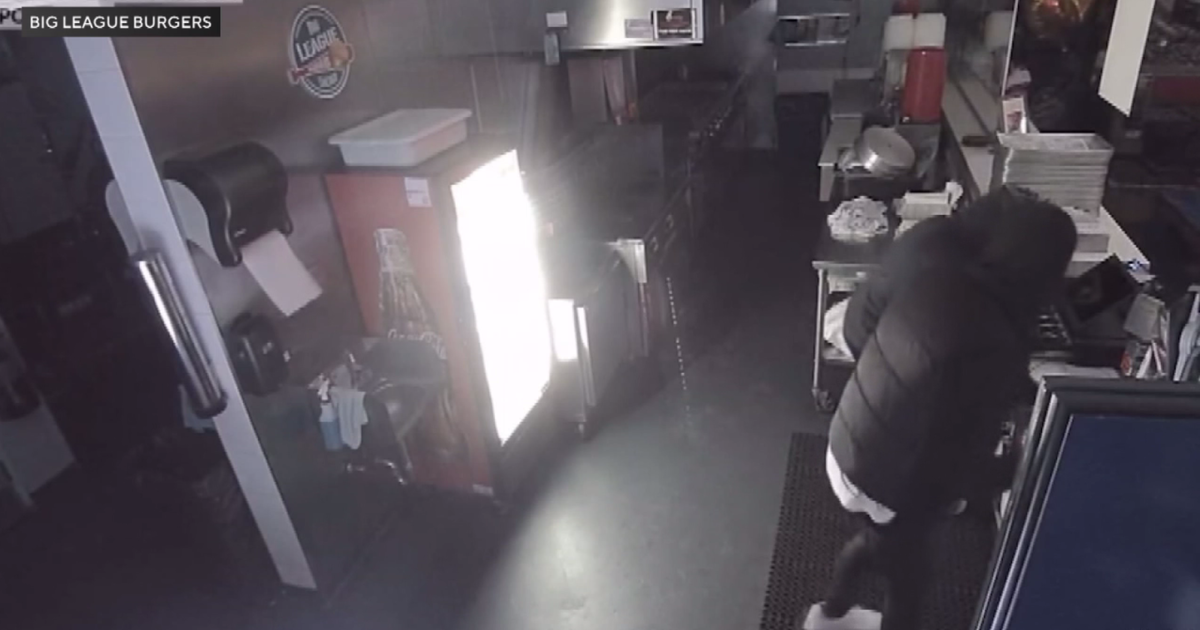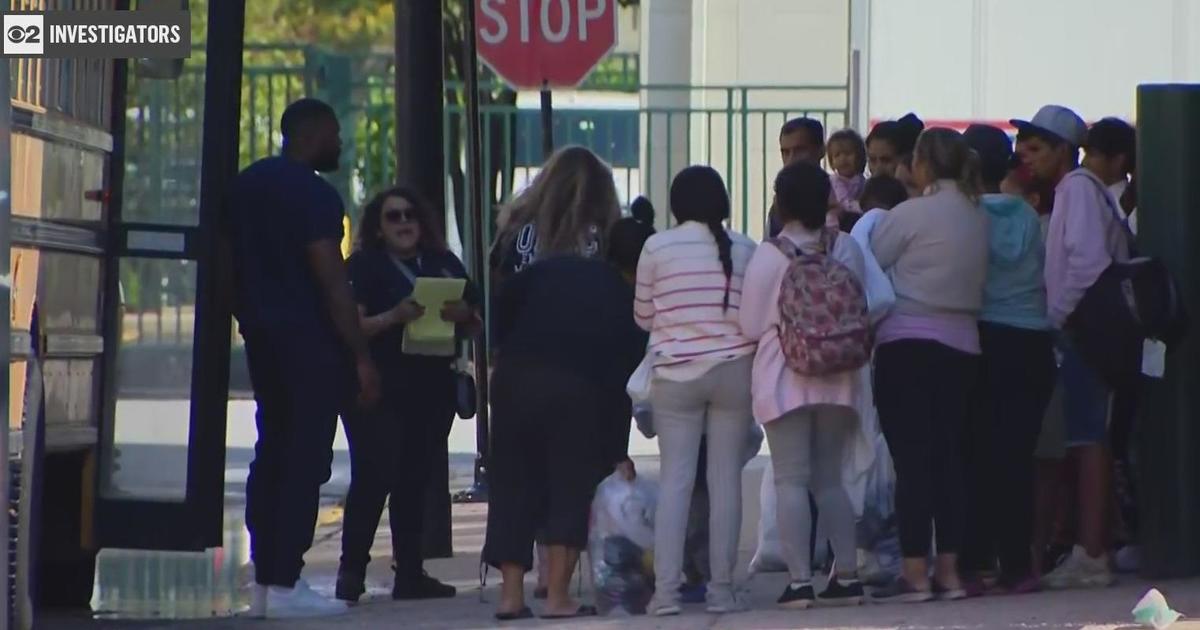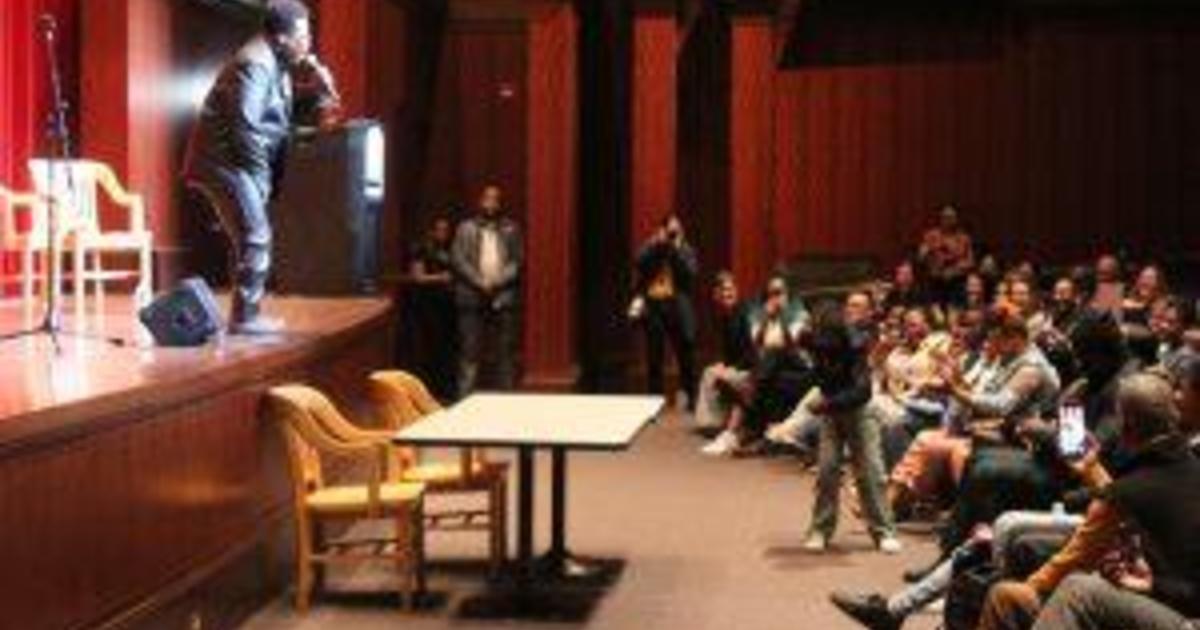The Internet May Change Drastically, Especially For Chicagoans
UPDATE 2/26/2015 1:08 PM: In a 3 - 2 vote, the FCC has passed new Internet regulations. Adhering to the concept of "net neutrality," the FCC has reclassified broadband Internet as a Title II telecommunications service, giving the government new authorities over the Internet, similar to the FCC's power over telephone services. While these new regulations will forbid Internet providers from treating website traffic differently (no "fast lanes" or throttling), the FCC will not be have the power to set Internet service prices.
At the bottom of the article, I detail what might happen next...
For a decade, the government, Internet providers and activists have been in a complicated back-and-forth over how the Internet should work... all while the rest of us watch Netflix, barely aware of what's going on.
An op-ed piece by Federal Communication Commission (FCC) Chairman Tom Wheeler on Wednesday hints at the end to America's broadband Internet troubles, possibly ensuring both a faster and cheaper Internet for much of the country -- especially places like Chicago.
The issue revolves around net neutrality. Net neutrality is the idea that Internet service providers (ISPs) have to treat all Internet traffic equally. Under net neutrality, my blog dedicated to mythical sea monsters photoshopped wearing beautiful wedding dresses, for example, must be given the same bandwidth (Internet speeds) as every other website (click here for a fuller explanation of net neutrality). America previously had net neutrality rules, but they were thrown out by the United States Court of Appeals in early 2014. The FCC has been frantically trying to come up with new rules ever since.
"My proposal assures the rights of internet users to go where they want, when they want, and the rights of innovators to introduce new products without asking anyone's permission," Wheeler wrote in Wednesday's piece.
The FCC is attempting to ensure these ideas through Title II. Currently, broadband Internet is an "information service," which is what has made it so difficult to legislate and consistently regulate net neutrality the past decade. Under Title II of the Communications Act, broadband internet would be reclassified as a "telecommunications service," which would allow the FCC to regulate the Internet in the same ways they've regulated America's phone lines.
This is great news for people who hate their Internet providers. I took to social media to ask Chicagoans what Internet providers they have, and if they're happy with them, and the response was overwhelmingly negative.
"I have Comcast, previously had AT&T -- and hated both tremendously," proclaimed Kim Bellware of Humboldt Park.
One Chicagoan with Comcast said, "If my area had a choice as fast (or faster), [I'd] leave them in a heartbeat."
Lisa Ladehoff, after I asked her who her provider is, said, "Comcast and it blows."
Her list of complaints was long. Top among them: not only is it overpriced, but she rarely gets anything close to the speeds her Comcast package promises.
(Full disclosure: I have Comcast.)
Many would chalk these responses up to a lack of regulation, which has been beneficial for big ISPs, but not necessarily for the consumer. Increasingly, companies have exerted more control over how they charge customers and how they control Internet speeds. In some areas, this has created a monopoly or duopoly, crippling our Internet speeds and prices when compared to other countries.
The hope of many Internet activists is that a more regulated Internet wouldn't only force established companies to treat customers better, but would also make it easier for new companies to rise up, creating more competition and a healthier market, helping to solve the above complaints.
Before net neutrality can become the law of the land again, the FCC commission has to vote on Chairman Wheeler's Title II proposal. This vote, scheduled for February 24th, will likely pass.
What happens if the FCC passes net neutrality?
Once the FCC approves the proposal, big providers will likely sue, attempting to suspend enforcement of the new regulations. In fact, AT&T has already threatened to sue if the proposed regulations go through. If companies like AT&T are able to successfully stop the FCC's new regulations in their tracks through the courts, who knows how long it will take to revise the rules to their satisfaction. The Congress could step in and attempt to create laws governing broadband Internet, but they've had a decade to straighten things out, and have failed miserably. Currently, President Obama favors Wheeler's proposal to reclassify broadband Internet under Title II, along with many democrats in Congress. Republicans have supported more basic rules for broadband Internet that would strip the FCC of some of its powers.
Technical mumbo jumbo, politicians and giant corporations aside, millions of Americans have voiced their opinions on this issue, with a vast majority favoring net neutrality. Yet, despite this resounding support, broadband Internet's future remains uncertain.
Which leads you to wonder, who really runs America? American citizens... or Comcast, Verizon and AT&T?
We may soon have our answer.
Mason Johnson is a Web Content Producer for CBS Chicago. You can find him on Twitter.



